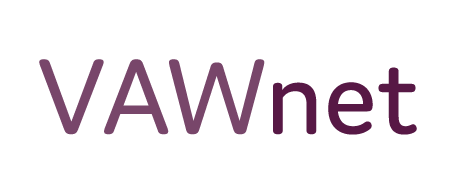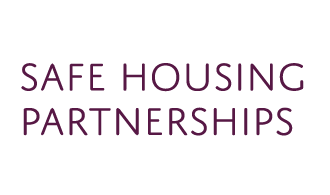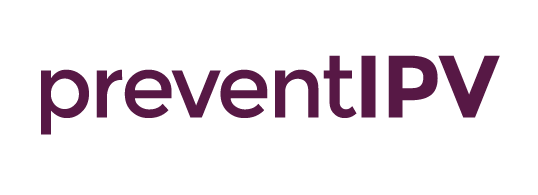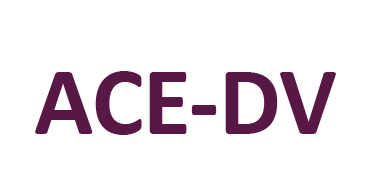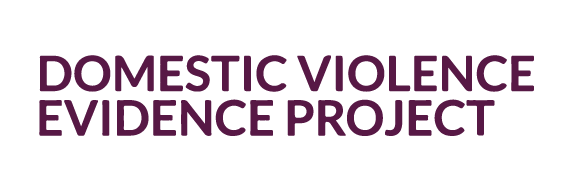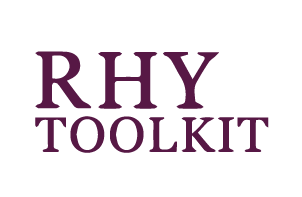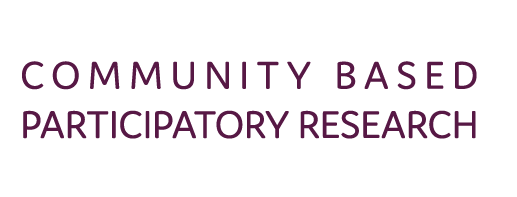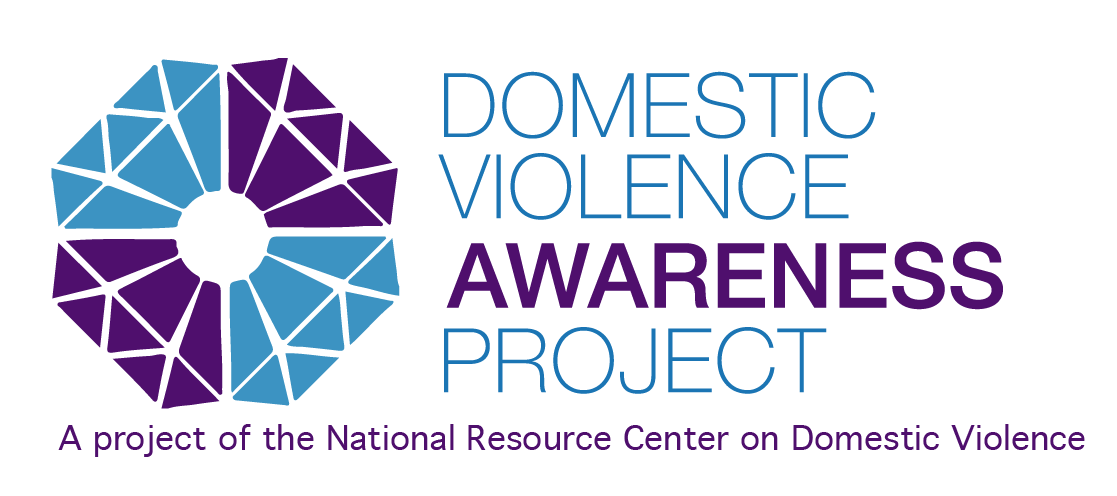 FEBRUARY 15, 2023
FEBRUARY 15, 2023
This alphabetized list of books was curated by staff at the National Resource Center on Domestic Violence (NRCDV). It is a love offering and is not meant to be comprehensive or exhaustive.
Non-Black staff shared titles that have been impactful in supporting their efforts to dismantle anti-Blackness and to center Black voices and leadership in their work. This collection is a reminder to non-Black advocates that much of what they know about doing this work, they have learned from Black women – from survivors to every day frontline advocates to the writers whose names are printed on these book covers. Credit and cite your teachers. Most importantly, commit to dismantle the oppressive systems that keep their voices and contributions silenced in this movement.
Black staff also generously offered titles to this list, such as And Still I Rise: A Book of Poems by Maya Angelou. For Black advocates, our hope is that you will feel seen, affirmed, and validated as you peruse these titles. Know that we are cheering you on as you RISE!
All About Love: New Visions, by bell hooks (Author)
According to bell hooks, “Love is a combination of care, commitment, knowledge, responsibility, respect and trust.” This book allows you to consider your own thoughts and views on what love is while giving you cultural awareness on what society allows us to accept and what we are taught to believe love is. Our Black staff have joined together in an affinity group to talk about “all things love” after reading this amazing book.
Americanah, by Chimamanda Ngozi Adichie (Author)
This author is known for her TED talk about moving beyond the “single story,” and her novel Americanah illustrates that. Single stories are incomplete, potentially damaging understandings of other people. For example, Black advocates are often “single-storied” in our movement only as doers rather than thinkers, leaders, and visionaries. This book challenges readers to think globally and to move beyond one-dimensional narratives around Blackness, Black womanhood, and immigration. Note that the author has been called out for making transphobic comments and has since apologized. Adichie’s remarks are her own and not the beliefs of NRCDV staff.
And Still I Rise: A Book of Poems, by Maya Angelou (Author)
“These poems are powerful, distinctive, and fresh—and, as always, full of the lifting rhythms of love and remembering. And Still I Rise is written from the heart, a celebration of life as only Maya Angelou has discovered it.” Maya Angelou and her poem, Still I Rise, is a favorite at NRCDV.
From Marlena Moore: “The book provides good historical context on the perpetration of violence against Black women in the United States. I do think that the violence against Black women is used more often to identify how Black men were unfairly charged and harmed/killed via Jim Crow. It does provide historical context that shows up today regarding how Black women and girls are not seen as victims of sexual violence. Readers are also given more understanding of the full work Rosa Parks did with the NAACP. It should be noted that while there is good information, the writer of this book is a white female historian.”
From Cassandra Aho: “I read this book as a new midwife, beginning a small homebirth practice. This book really called me to action to think beyond the care I could offer a few clients a year and what I could change on a systemic level. This book in many ways changed the trajectory of my journey and commitment to cultivating a more accessible path for Black midwives and reproductive justice for Black birthing women.”
Recommended by Patty Branco, this book is a collection of 36 lyrical autobiographical essays that “celebrate the redemptive strength of joy in Black culture—and explore the many ways it is critical for our personal and collective healing.” We at NRCDV believe that we must center and cultivate joy for advocates, survivors, and all who work alongside us towards collective liberation.
Eloquent Rage: A Black Feminist Discovers Her Superpower, by Brittney Cooper (Author)
“So what if it’s true that Black women are mad as hell? They have the right to be. In the Black feminist tradition of Audre Lorde, Brittney Cooper reminds us that anger is a powerful source of energy that can give us the strength to keep on fighting.” Jacqueline Miller and Patty Branco love this book!
In Search of Our Mothers’ Gardens: Womanist Prose, by Alice Walker (Author)
From Casey Keene: “Reading this book as a young activist was my first introduction to womanism and shaped how I understood Blackness. Through her prose, Alice reveals the depth, beauty, and complexity of her experience as a Black girl and woman in relationship to herself and to her Black mother, sisters, lovers, and friends. She illuminates the joy in her womanist identity: ‘Loves music. Loves dance. Loves the moon. Loves the Spirit. Loves love and food and roundness. Loves struggle. Loves the Folk. Loves herself. Regardless’.”
“In the aftermath of stress, disappointment, and trauma, people often fall into survival mode, even while a part of them longs for more. Juggling multiple demands and responsibilities keeps them busy, but not healed.” In this book, Dr. Thema shows readers how to reconnect with our authentic self and reclaim our time, voice, and life. From Patty Branco: “Dr. Thema’s work has been an important tool in my journey home to my authentic shelf.”
Me and White Supremacy, by Layla F. Saad (Author)
From Breckan Winters: “This book, and the accompanying journal, requires you to dig deep. This book is for people who are prepared to do the hard internal work that it takes to be an ally. Going through the Me and White Supremacy curriculum was challenging, emotional work that required me to look closely at myself, my upbringing, my relationships, and the ways in which I operate as a white person in the world. It also calls on readers to identify tangible ways in which they can dismantle white supremacy in their spheres of influence and commit to taking those action steps.”
Pleasure Activism: The Politics of Feeling Good, by adrienne maree brown (Author)
From Kim Camacho: “This book helped me reimagine pleasure and joy and challenged me to go beyond my comfort zone. adrienne explores the infinite ways that pleasure is necessary to dismantling white supremacy and other systems of oppression. It revolutionized the way that I approach social justice and the movement to end gender-based violence.”
Pushout: The Criminalization of Black Girls in Schools, by Monique W. Morris (Author)
From Kim Camacho: “Pushout was the first book that I read that focused on the experiences of Black girls and it’s a must-read for anyone that engage with children. It helped me think about the role and impact I have within systems that cause harm to Black girls and changed the way I approach my work.”
From Cassandra Aho: “This book is full of beneficial activities that can be done throughout the day that have helped me work through concepts of white privilege and white fragility or guilt and how they show up in spaces. This book continues to help me be a better aspiring ally while navigating and benefiting from daily life in a racist and inequitable world.”
Reconsidering Reparations, by Olúfẹ́mi O. Táíwò (Author)
In this book, Olúfemi O. Táíwò considers a case for reparations linked to climate justice. He argues that reparations should be seen as a future-oriented project engaged in building a better social order, and that the costs of building a more equitable world should be distributed more to those who have inherited the moral liabilities of past injustices. From Brittany Eltringham: “I’m deeply grateful for this book. It has challenged my thinking and demanded more from me at the same time. Because of this book, I have both a better sense of history and what’s possible.”
Redefining Realness: My Path to Womanhood, Identity, Love & So Much More, by Jane Mock
This book is Janet’s “coming-of-age story celebrating the perils and pleasures of her unconventional girlhood in Honolulu, Dallas and Oakland. It’s the first memoir from a young trans woman and debuted on the New York Times bestsellers list!” From Breckan Winters: “This book is beautiful, raw, and unapologetic. A powerful read!”
The Risk It Takes to Bloom: On Life and Liberation, by Raquel Willis (Author)
Raquel Willis is an award-winning writer, activist, and media strategist dedicated to Black transgender liberation. In her debut memoir, The Risk It Takes to Bloom, she “recounts with passion and candor her experiences straddling the Obama and Trump eras, the possibility of transformation after the tragedy, and how complex moments can push us all to take necessary risks and bloom toward collective liberation.” This book is coming to our bookshelves in October 2023 via St. Martin’s Press.
Sister Outsider: Essays and Speeches, by Audre Lorde (Author)
“In this charged collection of fifteen essays and speeches, Lorde takes on sexism, racism, ageism, homophobia, and class, and propounds social difference as a vehicle for action and change.” Audre Lorde is a classic and her essays continue to resonate with our staff decades after they have been published.
So You Want to Talk About Race by Ijeoma Oluo (Author)
From Breckan Winters: “This book provides a great foundation for beginning anti-racist work, with a particular focus on building aspiring allies’ capacity to talk to their friends and families about race. It unpacks a lot of common attitudes and norms that are rooted in white supremacy in a way that is accessible to understand, whether you’ve been doing anti-racist work for a long time or are just beginning your journey. This book also provides concrete takeaways – what to do and what not to do when having conversations about race. I feel like I get something new every time I reread it.”
“The narrative that white people should see the well-being of people of color as a threat to their own is one of the most powerful subterranean stories in America. Until we destroy the idea, opponents of progress can always unearth it and use it to block a collective action that benefits us all.” In this brilliant book, shared by Marlena Moore, Heather McGhee sheds light on the truth that white people have so much to gain— a shared interest– in fighting for racial and economic justice. At NRCDV, we believe that everyone will benefit from a world where our communities have the resources they need.
Many believe the child welfare system protects children from abuse. But, drawing on decades of research, Dorothy Roberts argues that the child welfare system is better understood as a “family policing system” that collaborates with law enforcement and prisons to oppress Black communities. Black children are disproportionately likely to be torn from their families and placed in foster care, driving many to juvenile detention and imprisonment. From Brittany Eltringham: “I first read Killing the Black Body by Dorothy E. Roberts during a formative period in my life. As a young person, it opened the doorway to reproductive justice and laid a foundation I’ve been building on for the last 12 years. Most recently, I read Roberts’ book Torn Apart. Because of her continued teaching, I’m better understanding the ‘child welfare system’ as a system of family policing, which is critical to our work as advocates.
Undrowned: Black Feminist Lessons from Marine Mammals, by Alexis Pauline Gumbs (Author)
Undrowned is a book-length meditation for the entire human species, based on the subversive and transformative lessons of marine mammals. From Patty Branco: “This book is a beautiful lesson on Black feminism and interspecies solidarity. One of the most touching and thought-provoking books I’ve read in a while.”
This book is a collection of personal stories reviewing a legacy of more than 400 years of African enslavement in the Americas. It is an important book for anyone interested in the African diaspora and issues of inequality and racism. “When thinking of Blackness and supporting Black survivors, Afro-Latinas cannot be an afterthought,” says Ivonne Ortiz. For more information, see A call to action for inclusive gender-based violence services for Black/Afro Latin@s (report) and Centering the experiences of Afro-Latinas (webinar).
Tarana Burke and Dr. Brené Brown bring together a dynamic group of Black writers, organizers, artists, academics, and cultural figures to discuss the topics the two have dedicated their lives to understanding and teaching: vulnerability and shame resilience. Contributions by Kiese Laymon, Imani Perry, Laverne Cox, Jason Reynolds, Austin Channing Brown, and more. From Patty Branco: “Such a beautiful collection. Grab the tissues!”
Meet our team: https://www.nrcdv.org/team
